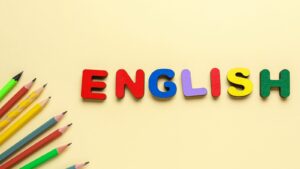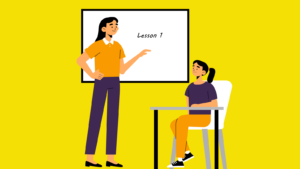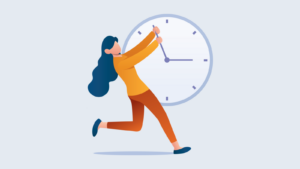Copernicus Goes Into Orbit
In 2014 your Copernicus columnist was the joint winner of a public competition to think of a name for a mission to the International Space Station (ISS). Last month, British astronaut Tim Peake blasted off from Kazakhstan for a five-month trip to the ISS, which is operated by the space agencies of the United States, Russia, Europe, Japan and Canada.
Link: http://www.esa.int/Our_Activities/Human_Spaceflight/Principia/About_Principia
The name Tim chose for his mission is Principia, which is the title of Isaac Newton’s famous book on gravity and the laws of motion. Space travel is completely dependent upon Newton’s laws – when the Apollo 8 astronaut Bill Anders was asked “Who’s driving?”, he replied “That’s a good question. I think Isaac Newton is doing most of the driving right now.”
But the main reason I proposed the name was less to do with science, and more to do with language. Principia is a Latin word, because Newton wrote his book in Latin, not English (the full title is Philosophiæ Naturalis Principia Mathematica). As well as reminding us that English has not always been a global language, it’s a powerful example of the deep connections between the languages of the world. The reason why it’s fairly easy to translate the name of the book into English (Mathematical Principles of Natural Philosophy – just read it backwards!) is because English contains so many Latin words.
The aim of this Copernicus column is to give students exposure to the different sounds of non-native English across the globe. This month we’re going into orbit around the globe, and joining Italian astronaut Samantha Cristoforetti aboard the ISS. Sam holds the record for the longest single space mission for a woman: she returned to the Earth in June this year after 199 days of weightlessness.
Also – just to prove she really is Italian! – she was the first astronaut in history to brew a fresh espresso in zero gravity, as the picture at the top of this page shows…
Here’s a great video Sam made called “International Space Station bathroom tour”.
http://www.esa.int/spaceinvideos/Videos/2015/04/International_Space_Station_bathroom_tour
THREE IDEAS FOR THINGS TEACHERS CAN DO WITH THIS VIDEO
(1) Basic vocabulary review – which hygiene items does Sam talk about?
(2) Prediction exercise – how does water behave in weightlessness? (See the answer at 02:54.)
(3) Gap fill – all the missing words below have 6 letters. (Starts at 05:55.)
Cutting your fingernails is not the easiest thing in weightlessness. Of course, you don’t want to lose any ______ of nails ______ the cabin. So the best thing is actually to do it really close to a return grid of the ventilation ______, so that all the pieces of nails that you cut off get immediately attracted – ______ towards – the grid. Kind of like this… There you go. And then when you’re done, of ______ you want to have a ______ cleaner handy, so that you can clean after yourself.
And to wash your hair, we have a special no-rinse shampoo that requires – theoretically – no rinsing, but at least very ______ rinsing. So we just ______ water into our hair; we add some shampoo; we massage it, just like we would on Earth; and then we kind of dry the ______ water and shampoo off with a towel; and off we go.
———————–




